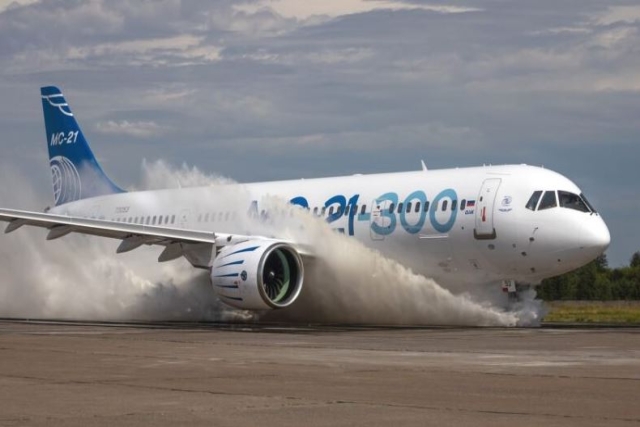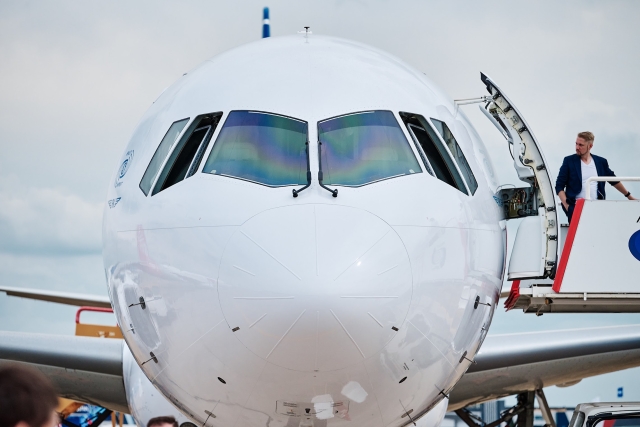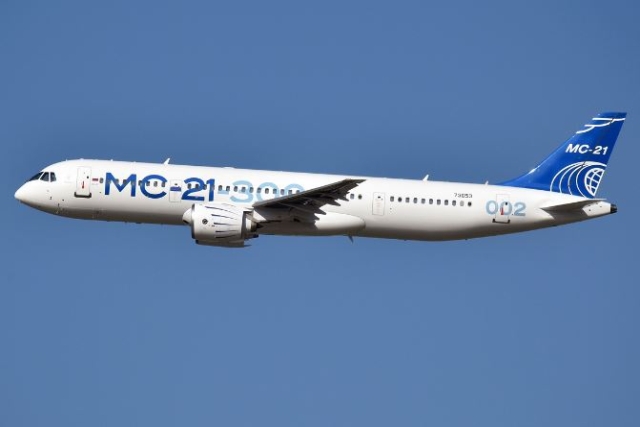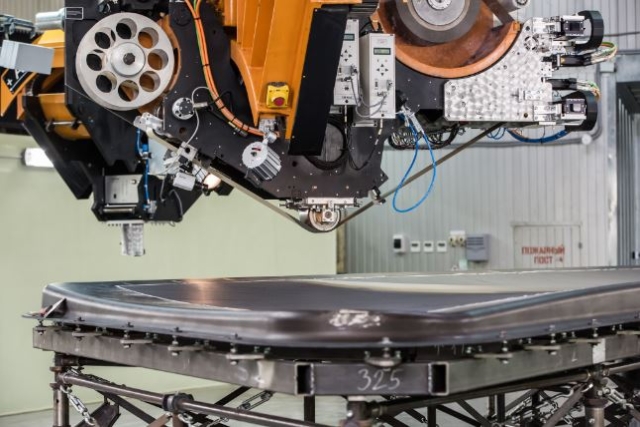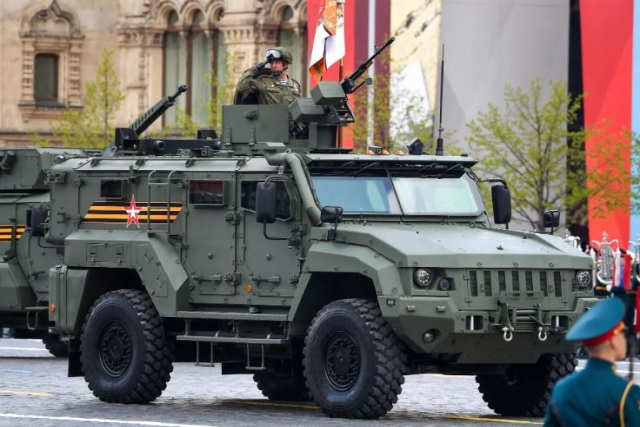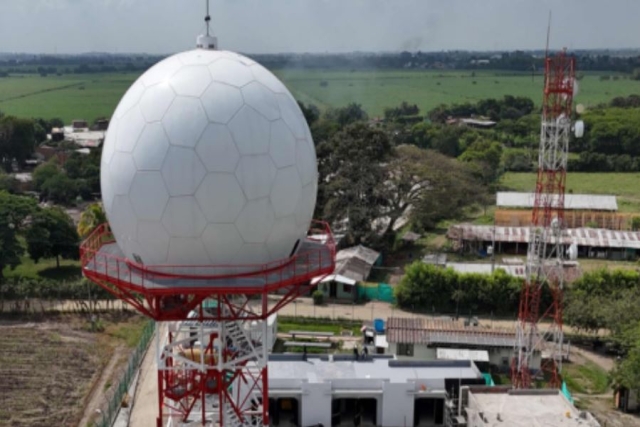Russia's UAC Looks to Source Components of MC-21, SJ-100 Aircraft from India
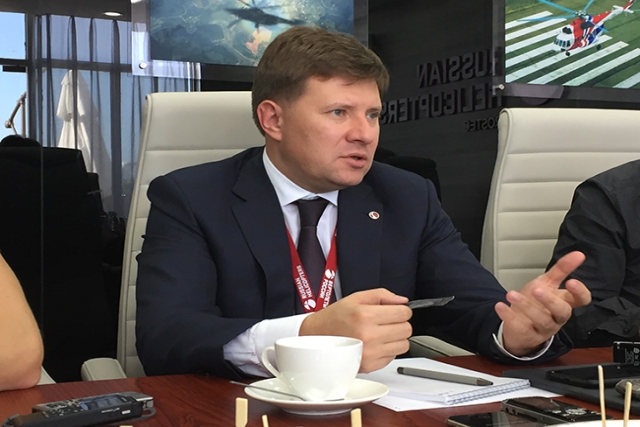
Russia’s United Aircraft Corporation (UAC) is looking to India as a source for components for its MC-21, SJ-100, and other civil aircraft projects, for which it has received several dozen firm orders from domestic airlines.
UAC has replaced hundreds of components that were previously sourced from Western suppliers with locally-made ones in its civilian aircraft projects. However, to meet the production demand of its commercial aircraft, it will need to manufacture these components on an industrial scale.
India has established an aeronautics manufacturing ecosystem, and some of its companies have been supplying aviation majors like Boeing and Airbus for many years. Tata Advanced Systems Limited (TASL) partnered with Boeing to produce aerostructures, including Boeing 787 Dreamliner floor beams. Hindustan Aeronautics Limited (HAL) supplied components, including doors, secondary structures, and various parts, to both Boeing and Airbus. Bharat Forge provided engine and landing gear components to both Boeing and Airbus, while Mahindra Aerospace produced Airbus aircraft components, including cabin structures and parts for the Airbus A320 series.
“There are many aviation specialists (aeronautics companies) in India; they have numerous assembly projects, mostly involving foreign equipment. Therefore, we do not rule out the possibility of industrial cooperation with Indian companies as suppliers of specific components for civil aircraft,” said Andrey Boginsky, General Director of Yakovlev (a UAC subsidiary), in an interview with TASS.
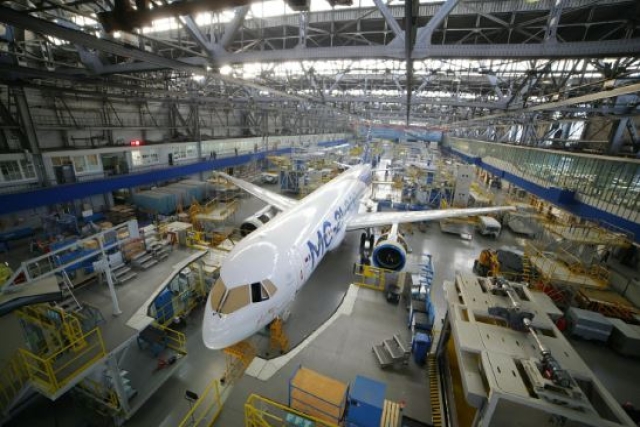
Boginsky mentioned that India was selected due to their extensive experience working with Indian partners, particularly with the HAL Corporation in localizing the Su-30 military aircraft and technology transfer. Moreover, the Indian market has significant demand for 100-seat regional aircraft, making the SJ-100 a suitable candidate.
Boginsky believes that a combination of technology and market potential offers a promising opportunity to deepen cooperation with Indian partners and expand sales.
When asked about potential discussions regarding the MC-21, Boginsky indicated that they have numerous questions. He explained that industrial cooperation extends beyond localization and includes the production of components for civilian equipment. Boginsky mentioned that they are exploring various collaboration options, especially considering India's strong presence in assembly projects, primarily involving foreign equipment. This could potentially lead to Indian companies becoming suppliers of specific components for civil aircraft.
Regarding the possibility of localization in countries other than India, Boginsky pointed out that the decision hinges on market capacity and the depth of localization required. Localization levels can vary, ranging from basic tasks like interior installation and painting, as seen in Venice where the SSJ-100 customization center operated. The level of investment required depends on the extent of localization. Thus, the decision to pursue deeper localization in a particular market is influenced by the economic model of the project and the size of the market.
